The battle for mental health is real sadly many people join it every day, especially women. Men battle it as well, but I am specifically going to discuss the facts pertaining to us women. That doesn’t mean that a man can not benefit from this information though. Please note that I am not allowed to name any specific mental diagnosis per the FDA or this blog could be taken down. I’d prefer that it stay up for you to empower yourself to make educated choices for your personal health. I’ll do my best to share clearly while staying within the enforced parameters. Ready to jump in? Let’s go!
Deficiencies are Our Silent Enemy
Has a professional ever suggested to you that your diet may be linked to your mental wellness? My guess is that you just answered, “no.” Studies that prove that fact is true abound, so why are we not taught this or told by those who are supposed to be helping us be well? It makes me righteously angry to think about it.
The studies I read mentioned B vitamins, vitamin C, vitamin D, and magnesium frequently. A lack of B vitamins can lead to deep feelings of sadness.*1 Not enough vitamin C can be connected to multiple stress related diagnoses. *2 Too little vitamin D can be linked to deep feelings of sadness and constant worry.*3 Magnesium pretty much covers the gamut of mental wellness and even touches the physical functioning of the brain and body.*4
Study Proven Results
A year long study used vitamin with those who dealt with any level of sadness and worry from general to deep and continual. 42.9% of those with general levels of these emotions showed improvement after the year ended. 97.2% of those classified as deep sadness and/or continual worry showed considerable improvement. *5
Another study “suggests that a higher intake of dietary B vitamins, especially biotin, was associated with a lower prevalence of deep sadness, constant worry, and stress symptoms.” *6
“Older women experienced constant worry reduction using vitamin B6… High-dose sustained-release vitamin C was effective in reducing constant worry and blood pressure in response to stress.” *7
“Vitamin C deficiency is widely associated to stress-related diseases. Although the efficacy of this vitamin in constant worry spectrum disorders is less stablished, several studies showed that ascorbic acid supplementation produces antidepressant effect and improves mood...Given that ascorbic acid supplementation produces fast therapeutic response with low toxicity and high tolerance, it can be considered as a putative candidate for the treatment of mood and constant worry disorders, especially those that are refractory to current treatments. Herein, the literature was reviewed considering the potential use of ascorbic acid as an adjuvant in the treatment of constant worry and deep sadness.” *8
Two separate studies suggest that magnesium is beneficial for emotions and mental wellness. *4 & 9
What I Use
FDA regulations keep me from outlining this for you exactly, but personal conversations are allowed. Go to the “Contact Me” section here on my website and let me know that you want to know what I’ve done. I can tell you that my mental state is significantly improved. We’re talking the difference between sitting on the couch, wrapped in a blanket watching movies to up and functional as a mom, wife, and business owner.
Footnotes—-
*1 Mahdavifar B, Hosseinzadeh M, Salehi-Abargouei A, Mirzaei M, Vafa M. Dietary intake of B vitamins and their association with depression, anxiety, and stress symptoms: A cross-sectional, population-based survey. J Affect Disord. 2021 Jun 1;288:92-98. doi: 10.1016/j.jad.2021.03.055. Epub 2021 Mar 26. PMID: 33848753.
*2 Moritz B, Schmitz AE, Rodrigues ALS, Dafre AL, Cunha MP. The role of vitamin C in stress-related disorders. J Nutr Biochem. 2020 Nov;85:108459. doi: 10.1016/j.jnutbio.2020.108459. Epub 2020 Jul 3. PMID: 32745879
*3 Kimball SM, Mirhosseini N, Rucklidge J. Database Analysis of Depression and Anxiety in a Community Sample-Response to a Micronutrient Intervention. Nutrients. 2018 Jan 30;10(2):152. doi: 10.3390/nu10020152. PMID: 29385721; PMCID: PMC5852728.
*4 Kirkland AE, Sarlo GL, Holton KF. The Role of Magnesium in Neurological Disorders. Nutrients. 2018 Jun 6;10(6):730. doi: 10.3390/nu10060730. PMID: 29882776; PMCID: PMC6024559.
*5 Kimball SM, Mirhosseini N, Rucklidge J. Database Analysis of Depression and Anxiety in a Community Sample-Response to a Micronutrient Intervention. Nutrients. 2018 Jan 30;10(2):152. doi: 10.3390/nu10020152. PMID: 29385721; PMCID: PMC5852728.
*6 Mahdavifar B, Hosseinzadeh M, Salehi-Abargouei A, Mirzaei M, Vafa M. Dietary intake of B vitamins and their association with depression, anxiety, and stress symptoms: A cross-sectional, population-based survey. J Affect Disord. 2021 Jun 1;288:92-98. doi: 10.1016/j.jad.2021.03.055. Epub 2021 Mar 26. PMID: 33848753.
*7 McCabe D, Lisy K, Lockwood C, Colbeck M. The impact of essential fatty acid, B vitamins, vitamin C, magnesium and zinc supplementation on stress levels in women: a systematic review. JBI Database System Rev Implement Rep. 2017 Feb;15(2):402-453. doi: 10.11124/JBISRIR-2016-002965. PMID: 28178022.
*8 Moritz B, Schmitz AE, Rodrigues ALS, Dafre AL, Cunha MP. The role of vitamin C in stress-related disorders. J Nutr Biochem. 2020 Nov;85:108459. doi: 10.1016/j.jnutbio.2020.108459. Epub 2020 Jul 3. PMID: 32745879.
*9 Boyle NB, Lawton CL, Dye L. The effects of magnesium supplementation on subjective anxiety. Magnes Res. 2016 Mar 1;29(3):120-125. English. doi: 10.1684/mrh.2016.0411. PMID: 27869100.


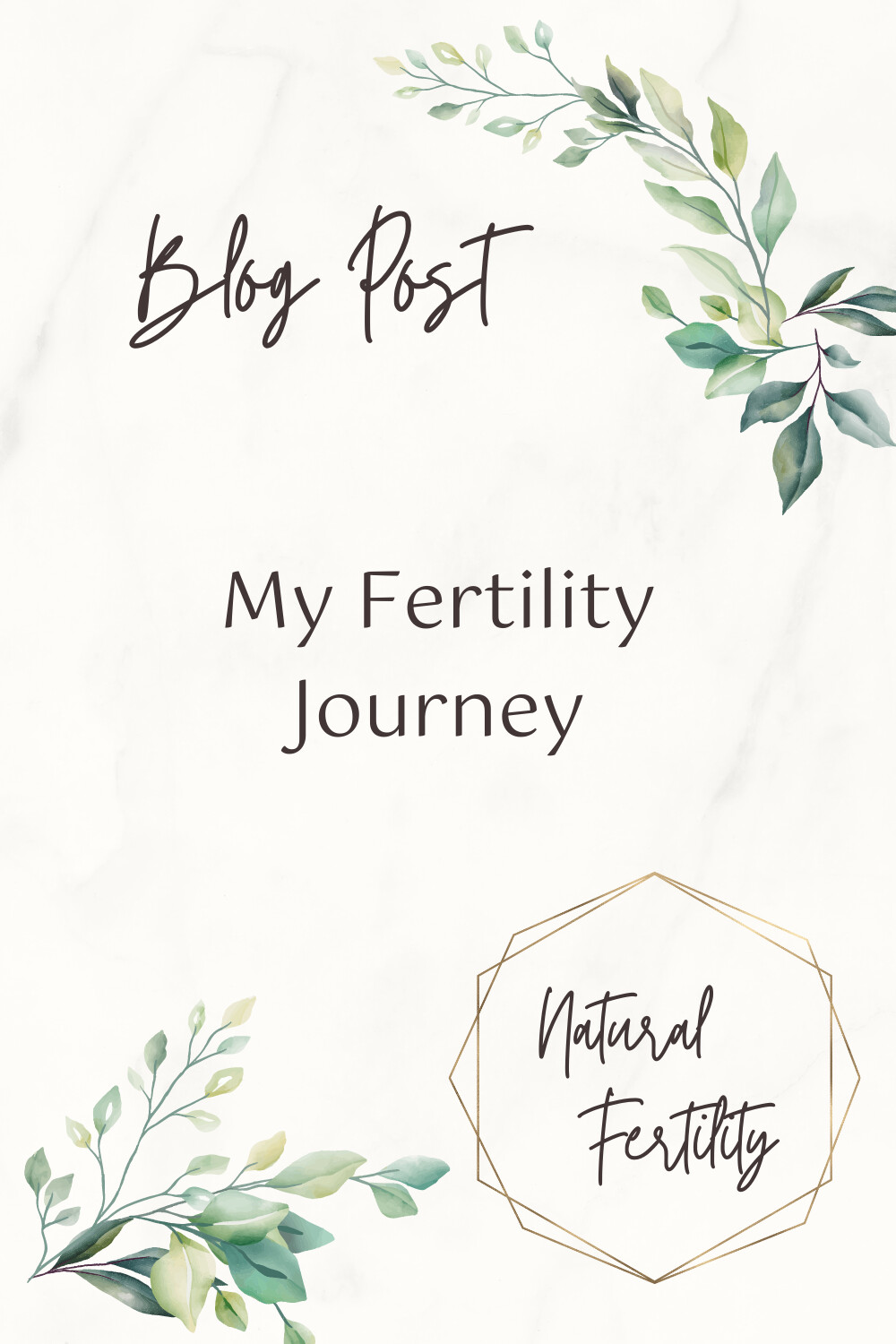
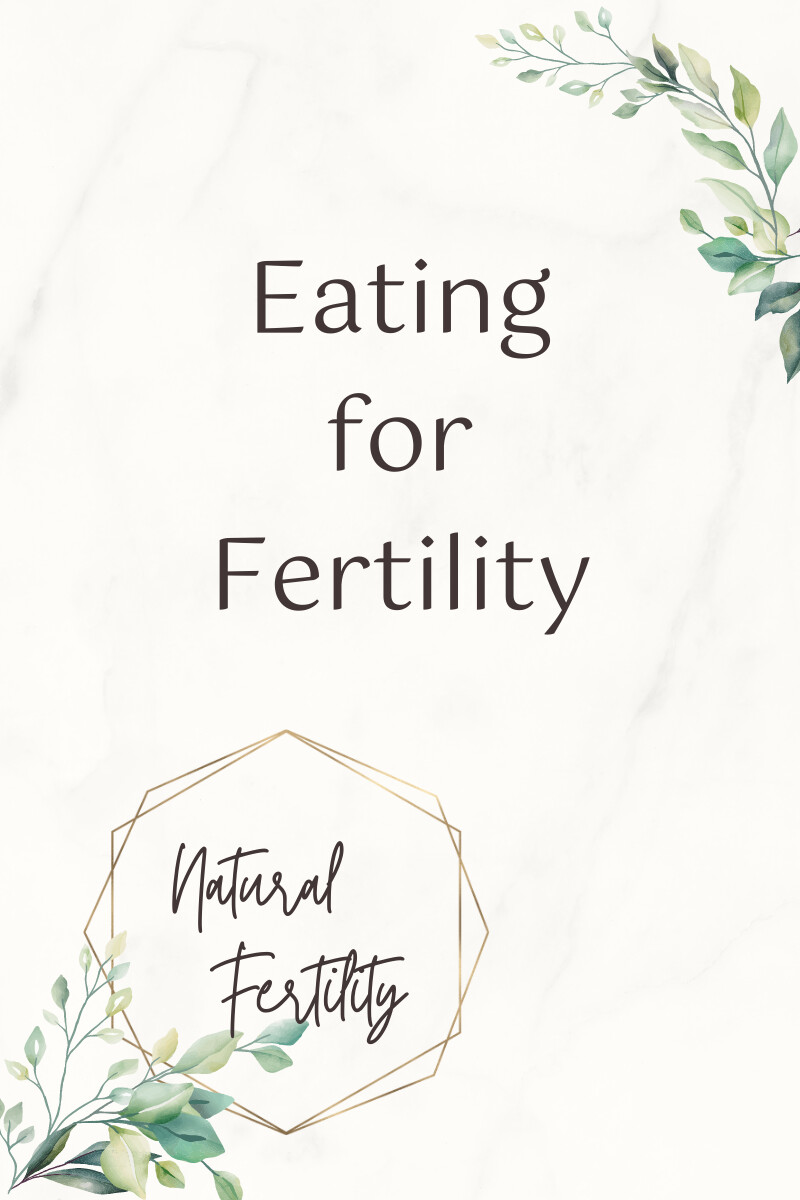
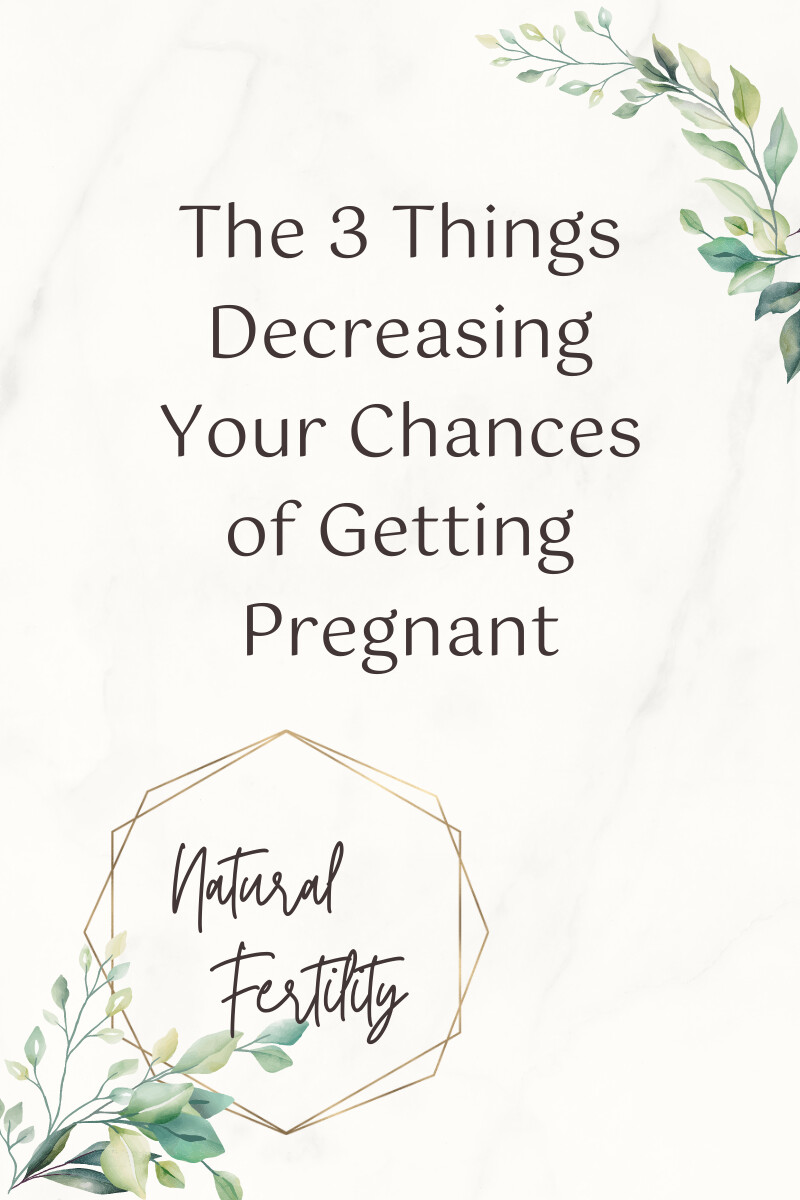


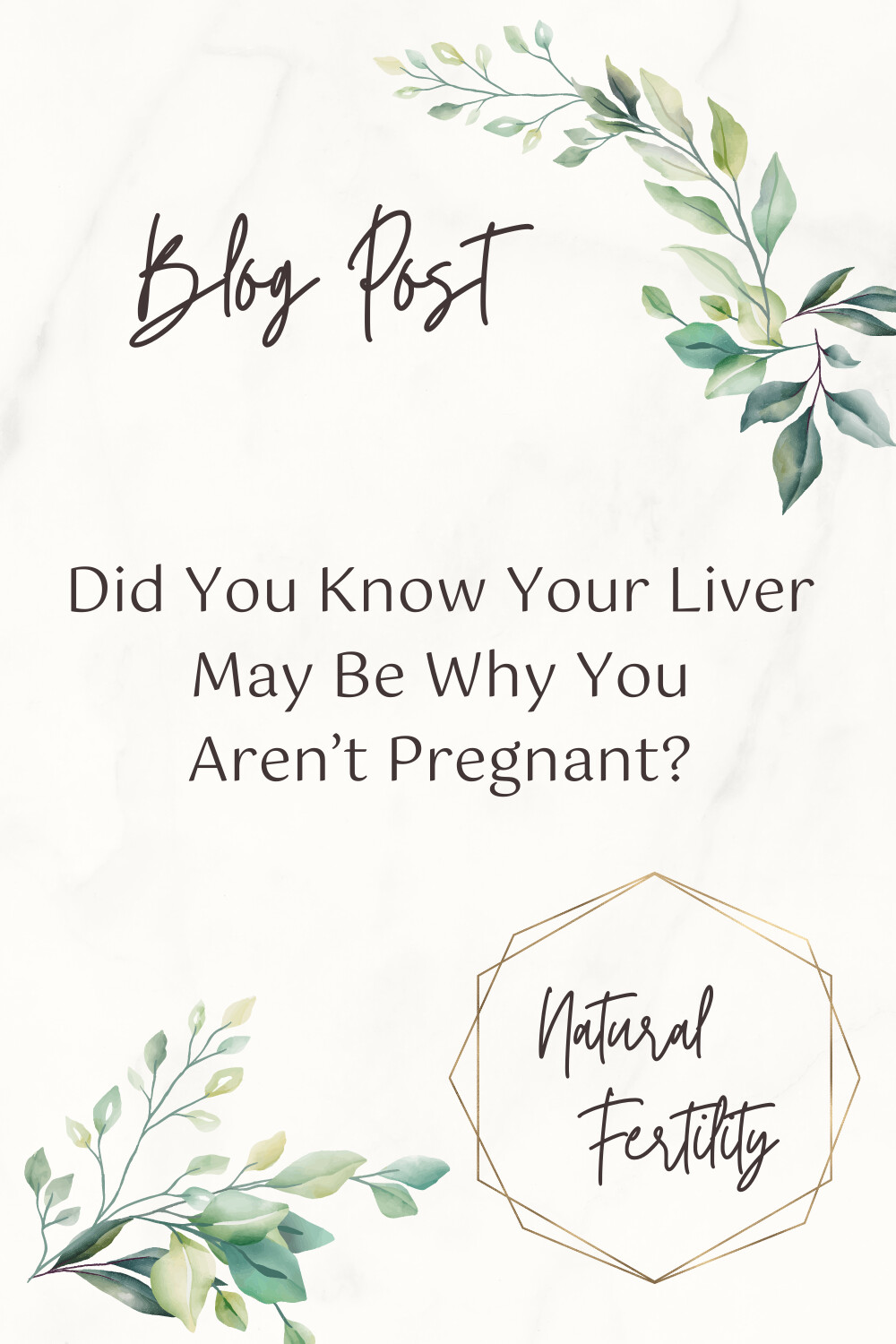
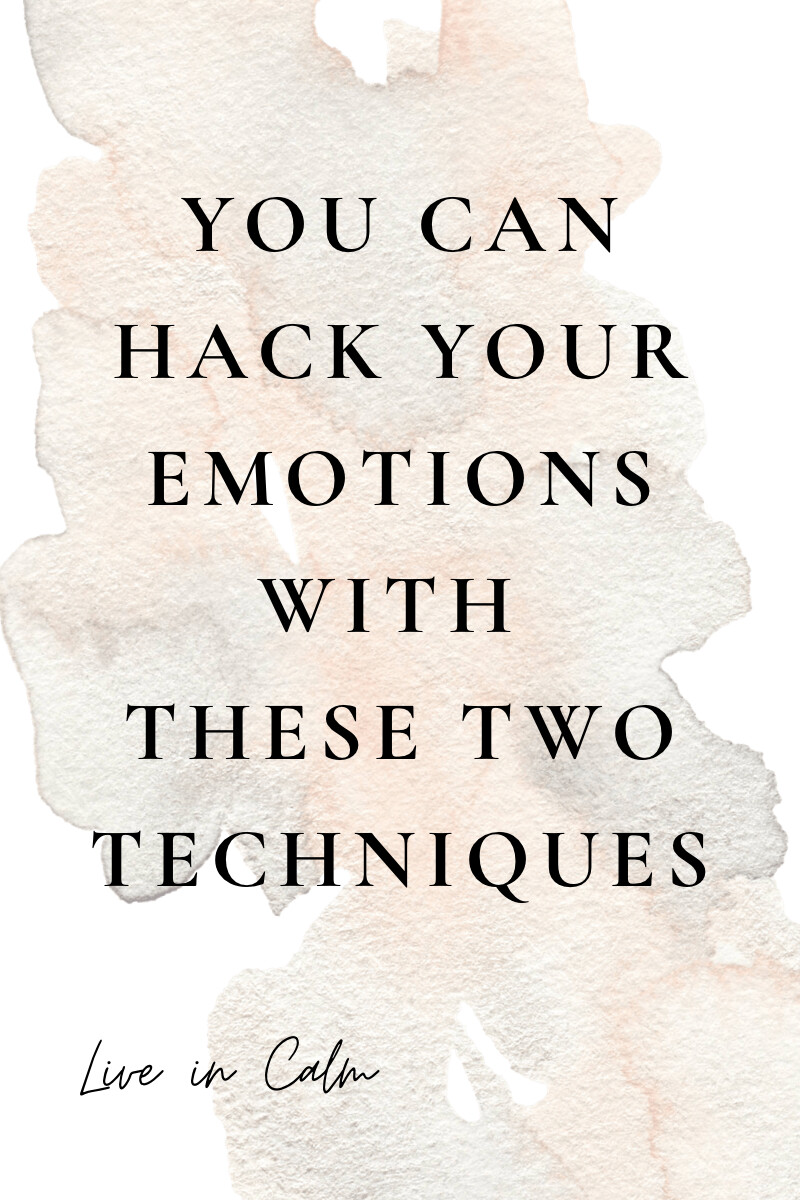
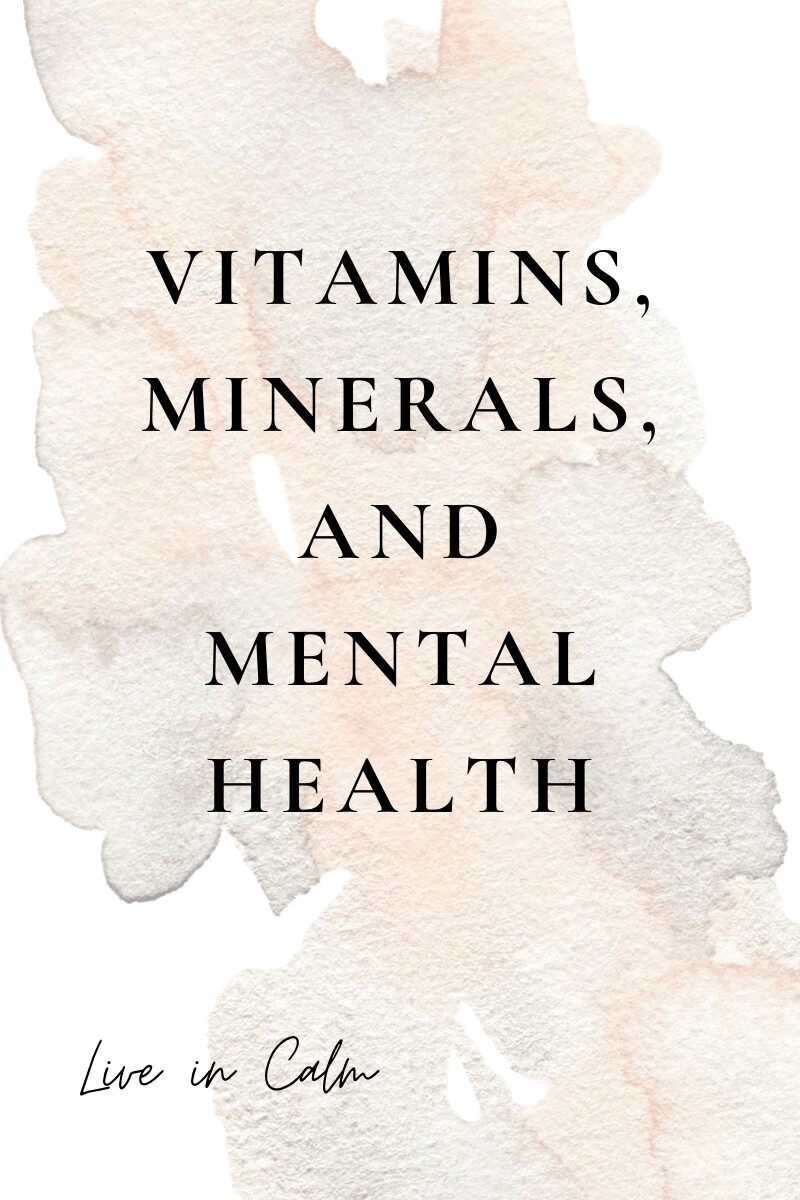

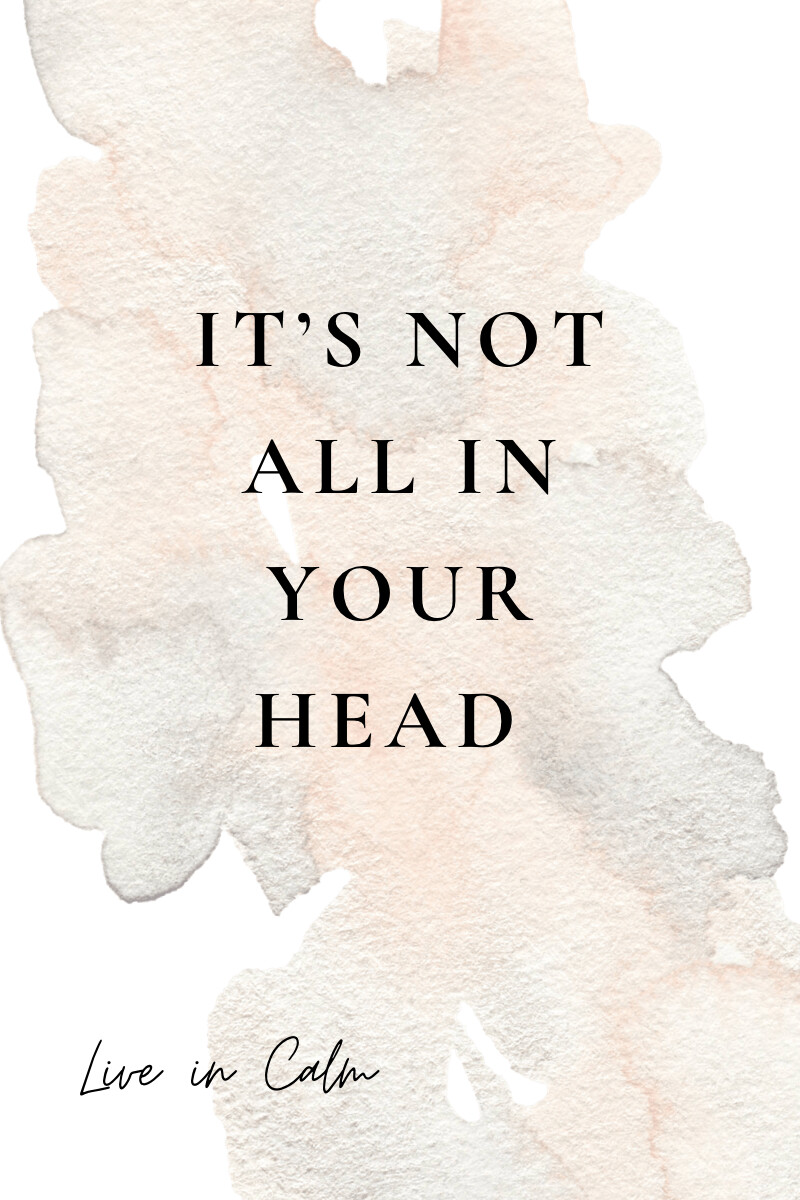


0 Comments